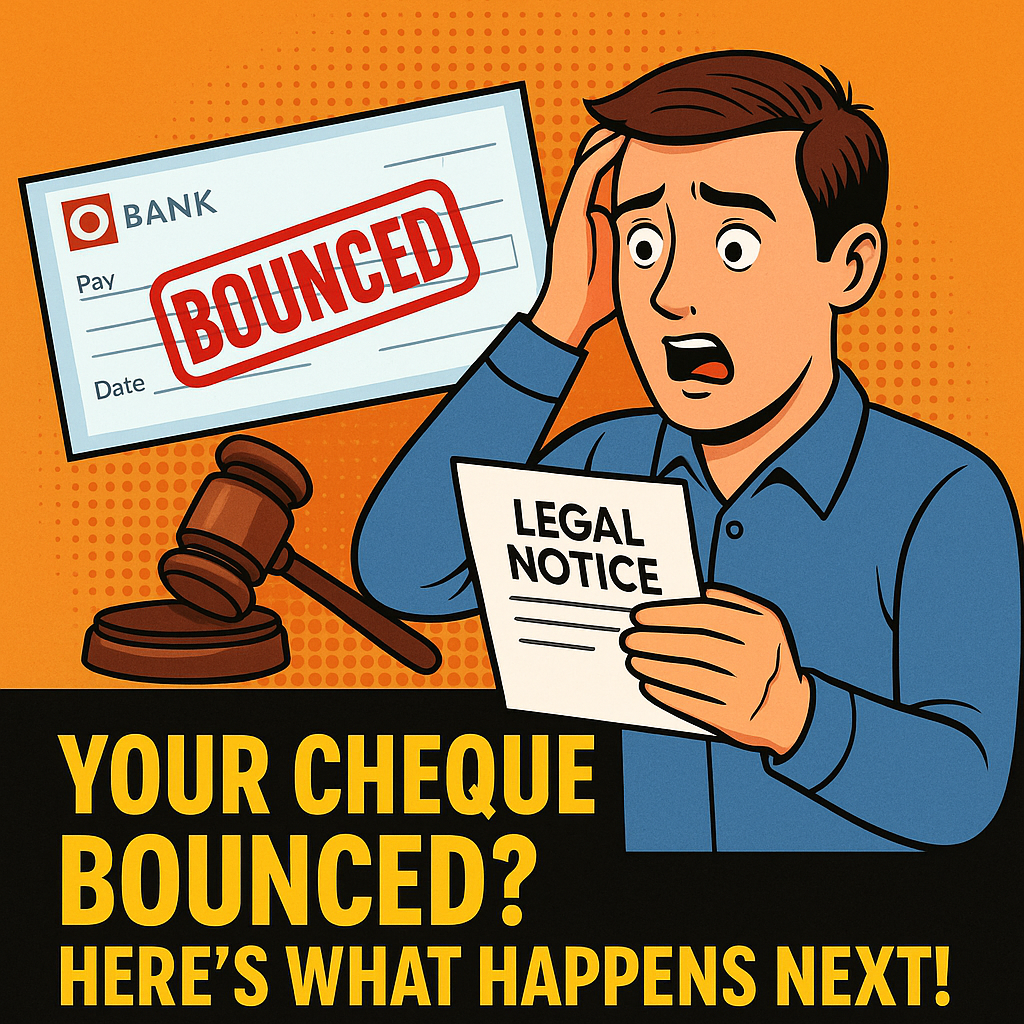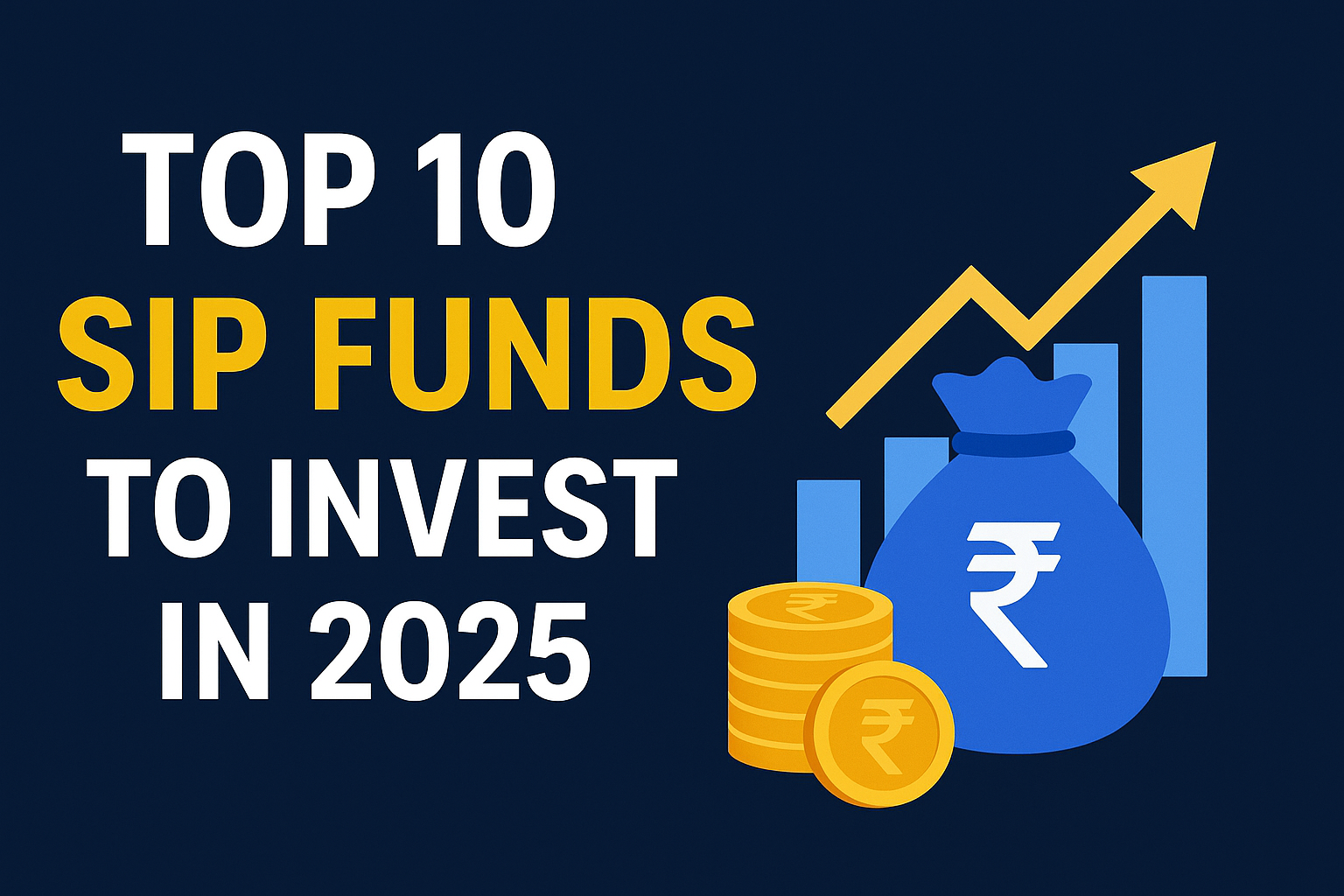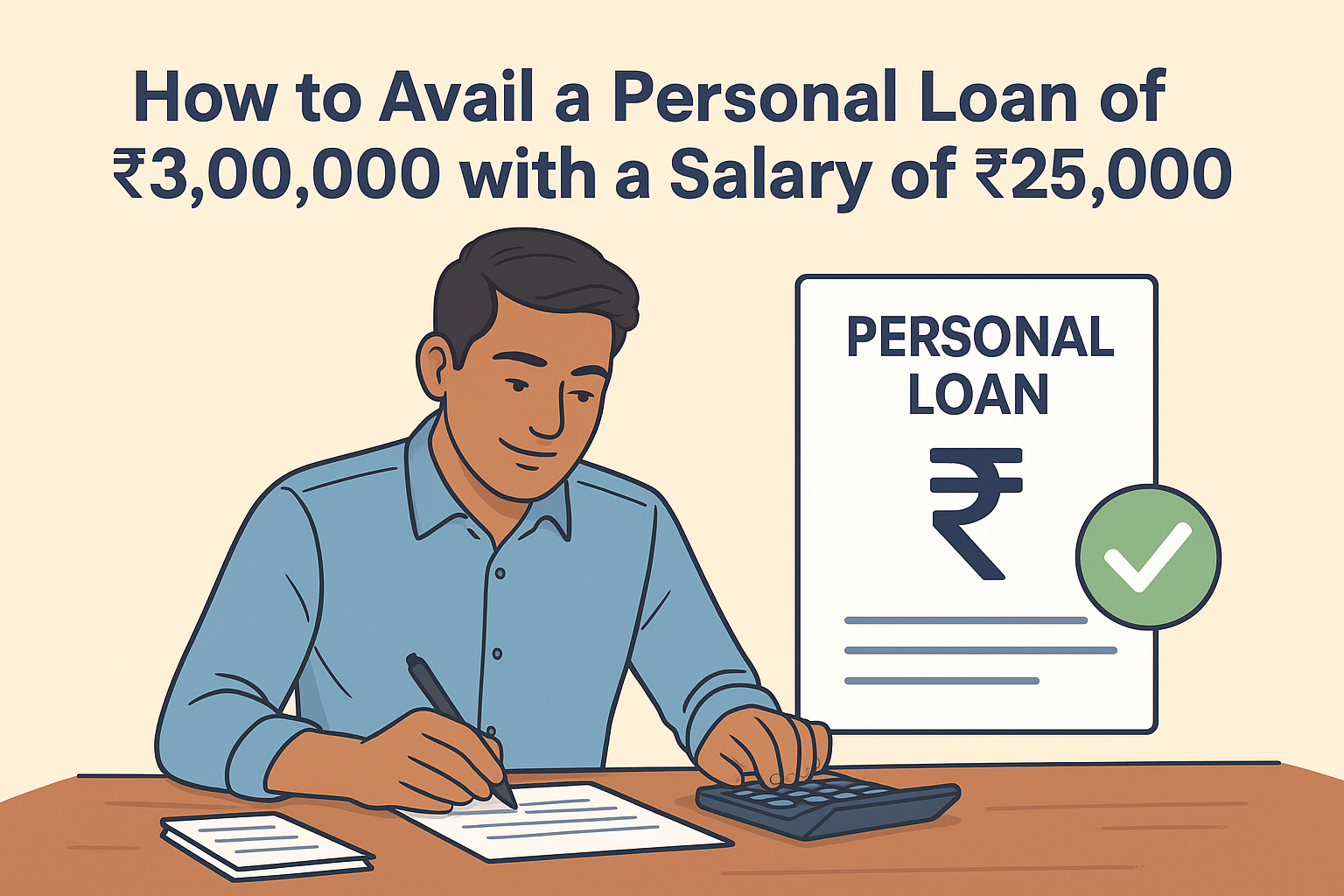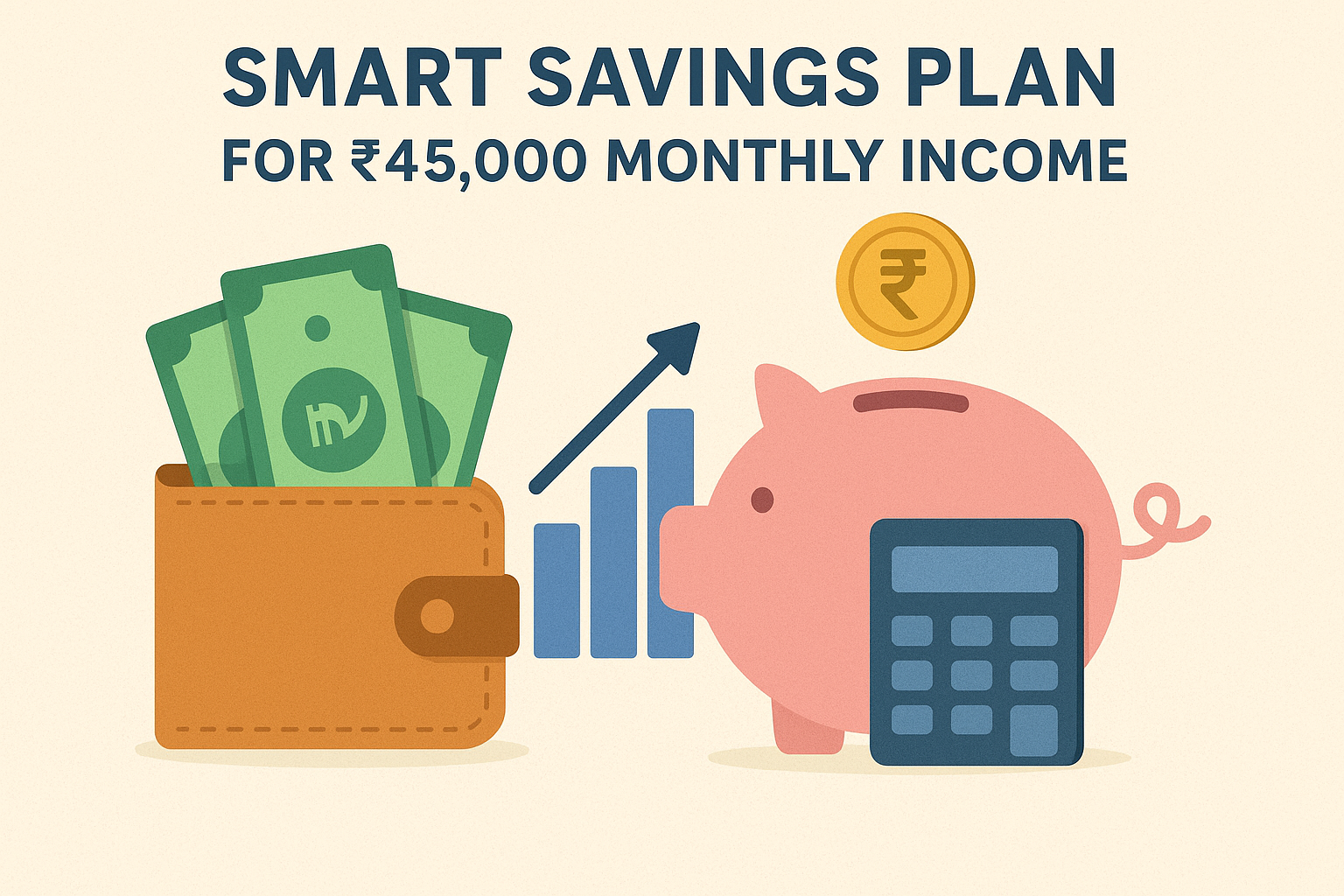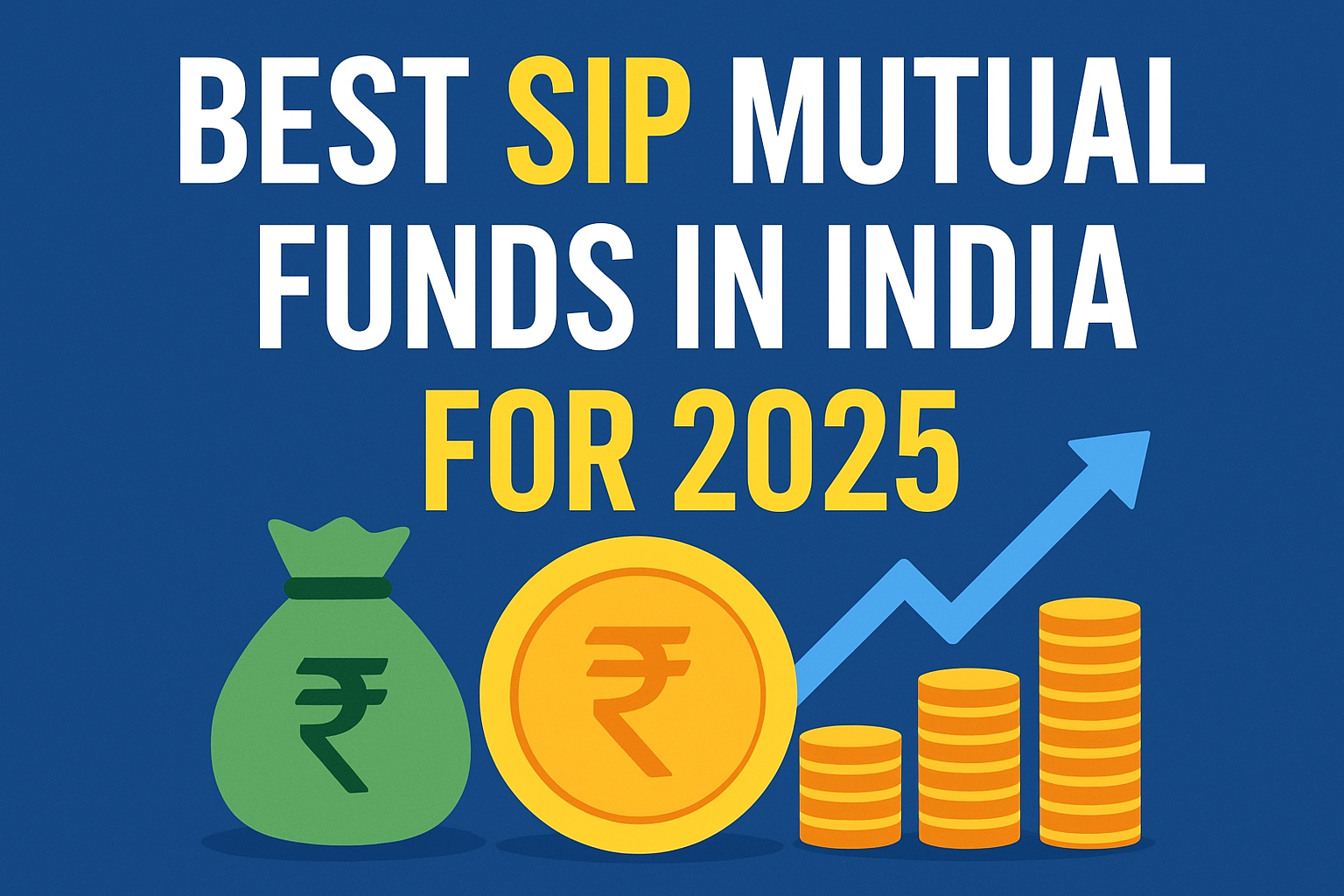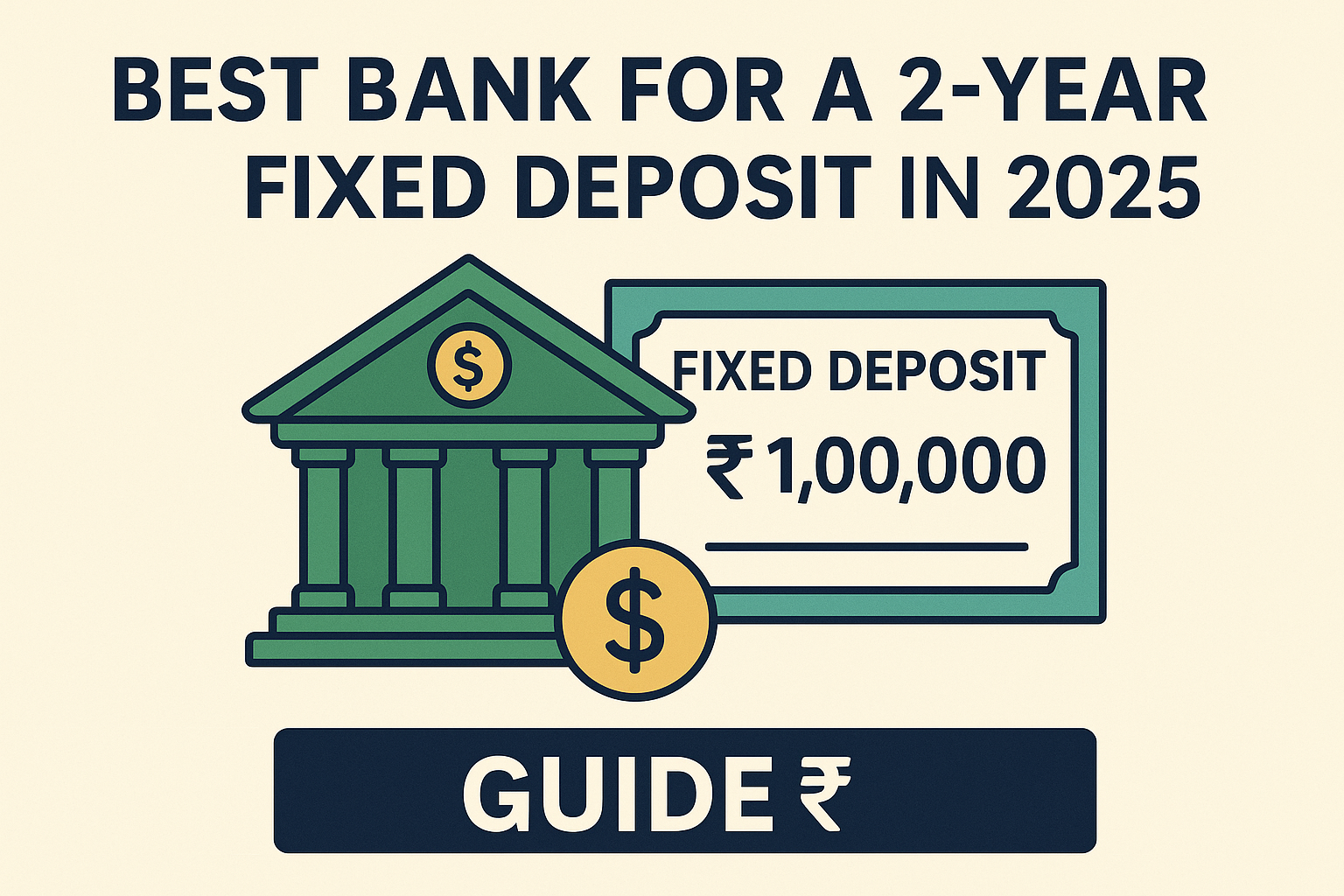- What to do if a cheque bounces
- Legal actions that can follow
- Common reasons for cheque bounce
What to Do If a Cheque Bounces: A Complete Guide
A cheque bounce happens when a bank refuses to clear a cheque. This can be frustrating and even lead to legal trouble. Here’s what to do, why it may have happened, and how to deal with it the right way.
What is a Cheque Bounce?
A cheque bounce (or dishonoured cheque) occurs when the bank refuses to process the cheque you issued or received. The bank returns the cheque along with a memo stating the reason for rejection.
Steps to Take If Your Cheque Gets Bounced
- Check the Reason
Your bank will give a return memo mentioning why the cheque was bounced. Find out the exact cause (like low balance, signature mismatch, etc.). - Contact Your Bank
Visit your branch or call customer care to get clarity. You can also collect the returned cheque and the memo for records. - Talk to the Other Party
- If you received the cheque: Contact the person who gave it to you and ask for repayment.
- If you issued the cheque: Apologize and settle the payment immediately to avoid legal consequences.
- Avoid Repeat Incidents
- Always ensure your account has enough funds
- Avoid overwriting or mistakes while filling the cheque
- Keep your signature updated with the bank
- Consider using digital payments where possible
Legal Actions for Cheque Bounce (As per Indian Law)
If a cheque bounces due to insufficient funds, legal action can be taken under Section 138 of the Negotiable Instruments Act, 1881:
1. Legal Notice
- The payee (person expecting the money) can send a legal notice within 30 days of cheque bounce.
- The drawer (issuer) must clear the dues within 15 days from receiving the notice.
2. Criminal Case
- If payment is not made within 15 days, the payee can file a case in court within 30 days.
- Punishment can include:
- Up to 2 years of jail, or
- A fine up to double the cheque amount, or
- Both
3. Civil Case
- The payee can also file a civil suit to recover the amount, interest, and legal expenses.
4. Credit Impact
- If the bounced cheque is related to a loan EMI or credit payment, it may hurt the drawer’s CIBIL score or credit history.
Most Common Reasons for Cheque Bounce
- Not enough money in the account
- Signature doesn’t match the bank’s record
- Cheque is dated in the future (post-dated cheque) and presented early
- Cheque is more than 3 months old (stale cheque)
- Amount written in words and numbers don’t match
- Overwriting or corrections not signed
- Account is closed or frozen
- Cheque is not signed at all
- Drawer has passed away or declared insolvent
- Bank was told to stop payment
How to Prevent Cheque Bounce Issues
- Maintain a sufficient balance
- Double-check details before handing over a cheque
- Keep your signature consistent
- Avoid making corrections on a cheque
- Use online payments for more secure transactions
20 Short FAQs About Cheque Bounce
- What is cheque bounce?
It’s when a bank returns a cheque unpaid due to some issue. - Why does a cheque bounce?
Common reasons include low balance, signature issues, or technical errors. - Can I go to jail for a bounced cheque?
Yes, if you fail to pay after receiving a legal notice, you may face up to 2 years in jail. - How long do I have to respond to a cheque bounce notice?
You get 15 days from the date of receiving the notice. - Can I re-deposit a bounced cheque?
Yes, but it depends on the reason for bounce and agreement between both parties. - Is cheque bounce a criminal or civil offence?
It can be both. Criminal under Section 138, and civil if a recovery suit is filed. - What happens if the drawer dies before cheque clearance?
The cheque becomes invalid. - What if the signature is slightly different?
Even small differences may lead to a bounce. - Can I issue a cheque without balance if I plan to deposit funds later?
That’s risky. The cheque may bounce if presented early. - Will my bank inform me if a cheque bounces?
Yes, banks usually notify the drawer and provide a return memo. - Can a bounced cheque affect my credit score?
Yes, especially if it’s related to loan or EMI payments. - What is a return memo?
A document from the bank stating the reason for cheque rejection. - Can I stop a cheque from clearing?
Yes, by giving a stop payment instruction to your bank. - How many times can a cheque be bounced?
There’s no legal limit, but repeated bouncing may lead to legal trouble. - Can I file a complaint if I receive a bounced cheque?
Yes, you can send a legal notice and even file a court case. - What documents do I need to file a case for cheque bounce?
Original cheque, return memo, copy of notice, and proof of delivery. - How long is a cheque valid?
3 months from the date written on it. - Is digital payment better than cheques?
Yes, it’s faster and safer, with fewer chances of failure. - Can I issue a blank cheque to someone?
It’s not advisable. Blank cheques are risky and may be misused. - Who bears the penalty for cheque bounce?
Both parties may be charged by their banks, but the drawer bears legal risk.
.
